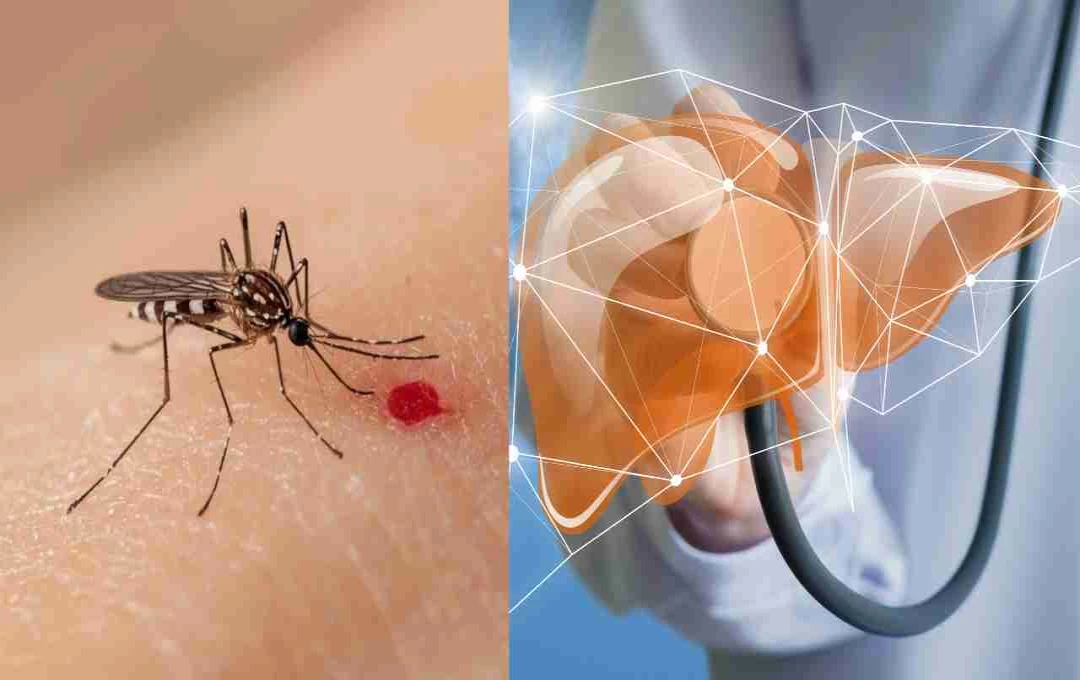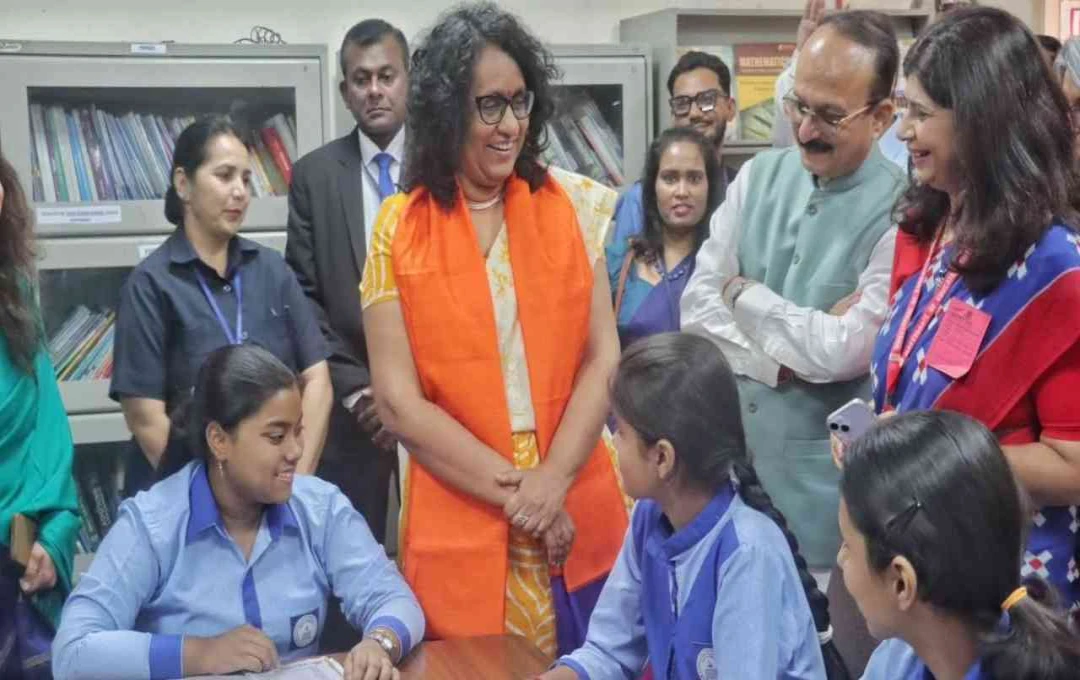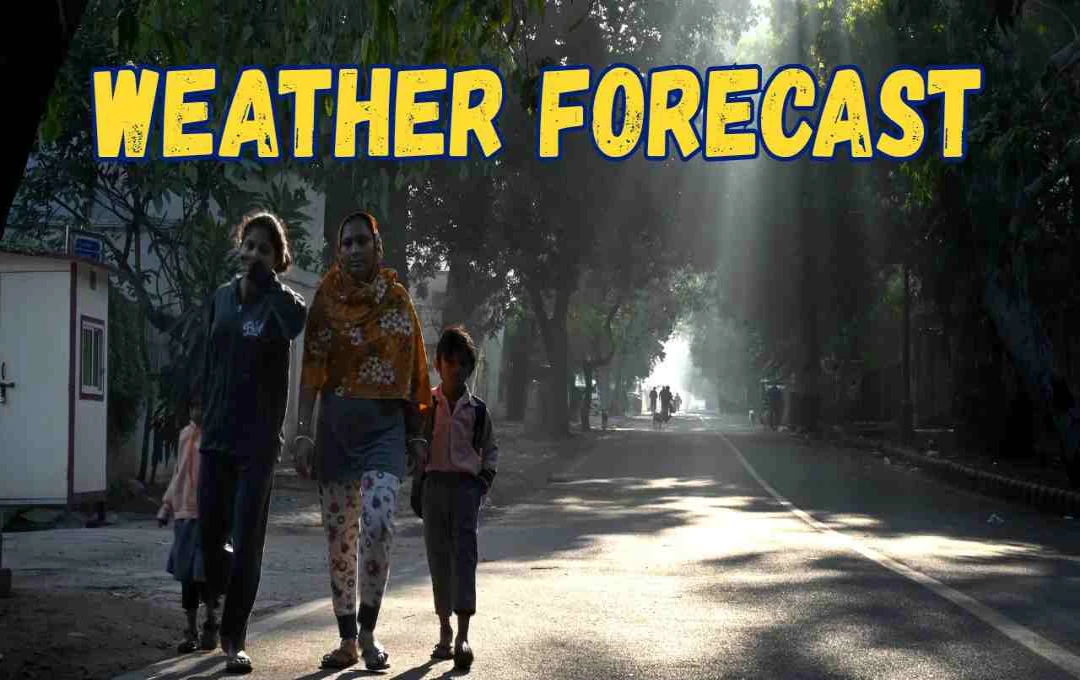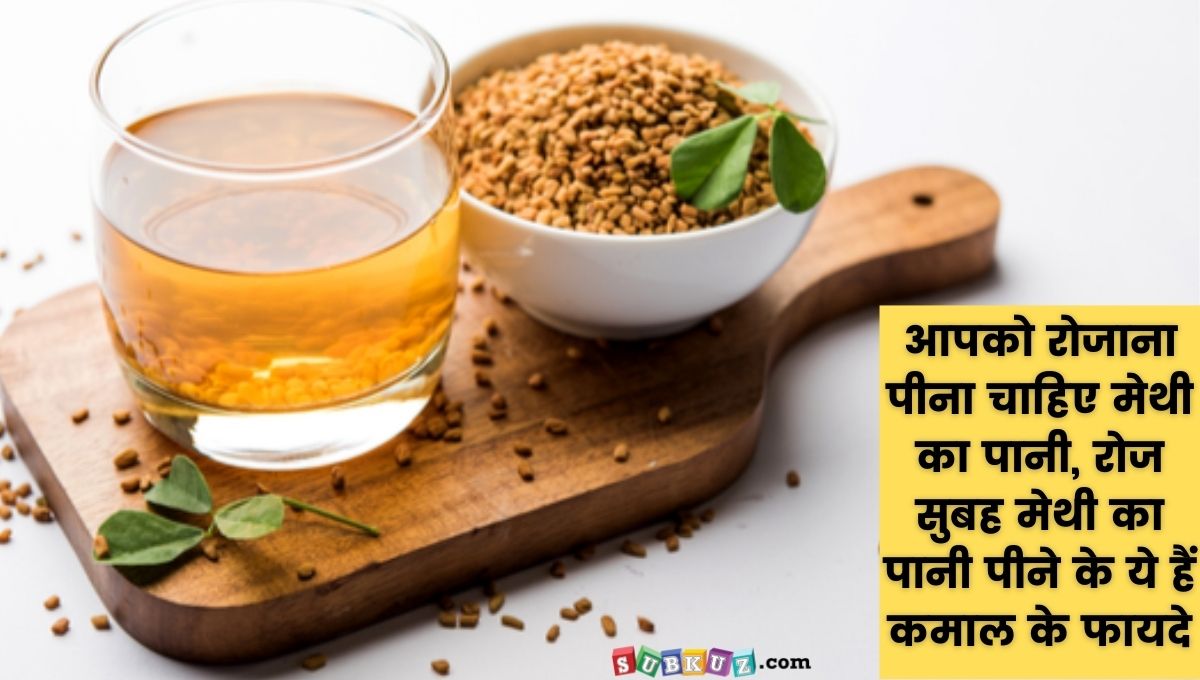With the rise in dengue cases, an impact on the liver is also being observed in some patients. If symptoms like persistent vomiting, abdominal pain, jaundice, and fatigue appear, immediate treatment is necessary. Drinking water, eating light meals, and reaching the hospital in case of severe symptoms are crucial to prevent the situation from becoming critical.
Dengue: Dengue cases are increasing in several states across the country, with some patients exhibiting severe symptoms. According to Dr. Kuldeep Kumar, a professor at Delhi's GTB Hospital, dengue is also affecting the liver this time, leading to elevated enzyme levels (SGOT, SGPT) and potential liver inflammation. Patients showing symptoms like persistent vomiting, abdominal pain, jaundice, loss of appetite, and fatigue should be hospitalized immediately. Dr. Kumar advises drinking water, consuming light meals, and avoiding fried and spicy foods.
Dengue and its Impact on the Liver
After entering the body, the dengue virus can damage liver cells, leading to an increase in enzyme levels like SGOT and SGPT. This is particularly observed in patients with weakened immunity or those with pre-existing liver conditions. Dr. Kuldeep explains that in some patients, liver inflammation can become severe, leading to the situation getting out of control.
The reason for liver involvement during dengue is that the virus directly damages liver cells. This can also lead to symptoms like jaundice in the body. In such a situation, timely identification of symptoms and treatment are extremely crucial, otherwise, the patient's condition could become severe.
Symptoms to Watch Out For
When the liver is affected by dengue, certain specific symptoms appear in patients. According to Professor Dr. Kuldeep, these symptoms should not be ignored.
- Persistent vomiting or nausea.
- Pain or heaviness on the right side of the abdomen.
- Yellowing of eyes and skin, i.e., jaundice-like condition.
- Loss of appetite and constant fatigue.
Upon noticing these symptoms, one should immediately contact a doctor and undergo necessary tests. Timely treatment can prevent the situation from becoming severe.
Dengue Prevention and Diet
In most cases, dengue resolves within a few days. However, it is crucial for patients to prevent dehydration. Consuming water and coconut water is beneficial.
According to Dr. Kuldeep, during dengue, one should completely avoid fried and spicy foods. Do not consume foods that are difficult to digest or fast food. Red meat consumption can also be harmful during this period. Proper diet and adequate hydration lead to a quicker recovery for the patient.
Need for Hospitalization
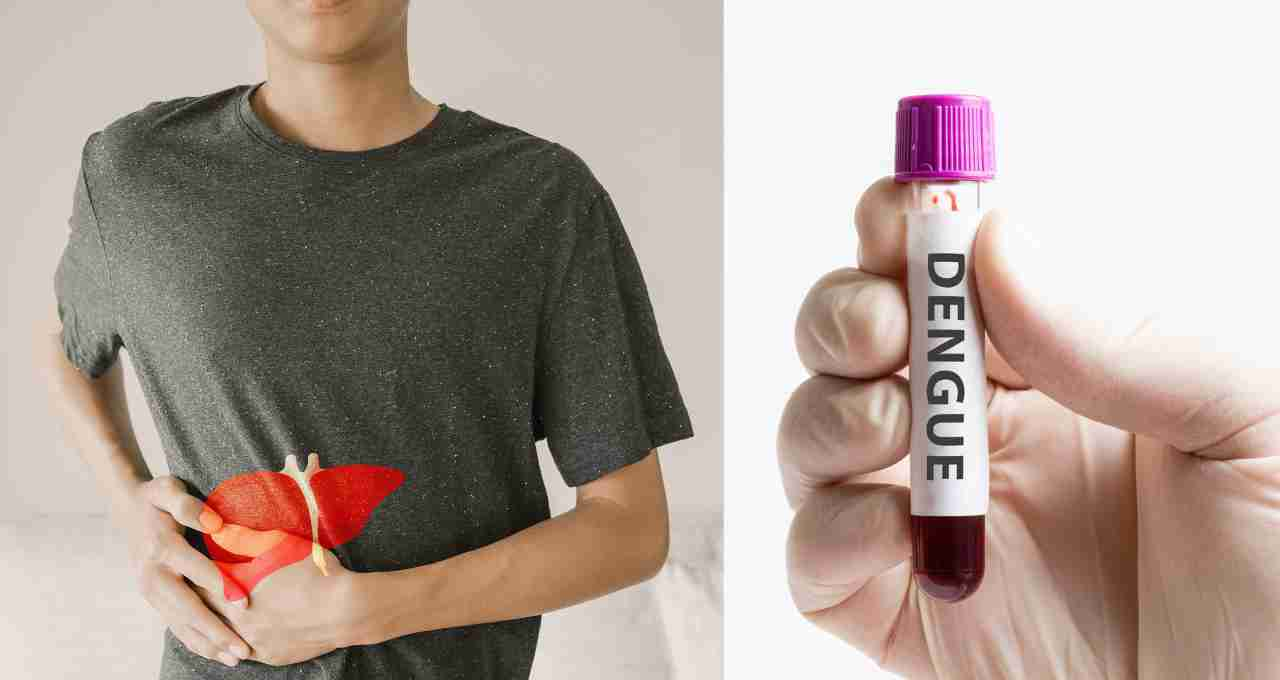
If a patient exhibits severe symptoms, such as persistent vomiting, severe abdominal pain, or yellowing of the eyes or skin, immediate hospitalization is required. Timely treatment and monitoring can mitigate the severe effects of dengue.
Dr. Kuldeep states that the number of dengue patients in the OPD and emergency departments at GTB Hospital has increased. Patients with severe symptoms are being admitted immediately. The condition of patients with liver involvement is managed through monitoring and appropriate medication and treatment.
Extra Caution in Children and the Elderly
With changing weather and rising dengue cases, children and the elderly should exercise special caution. The impact of dengue on the liver can be severe in individuals with weakened immunity or those already suffering from liver disease.
For children and the elderly, it is essential to ensure adequate hydration, provide light and easily digestible food, and protect them from temperature fluctuations and germs. Additionally, seeking immediate medical advice upon the appearance of symptoms can be life-saving.
